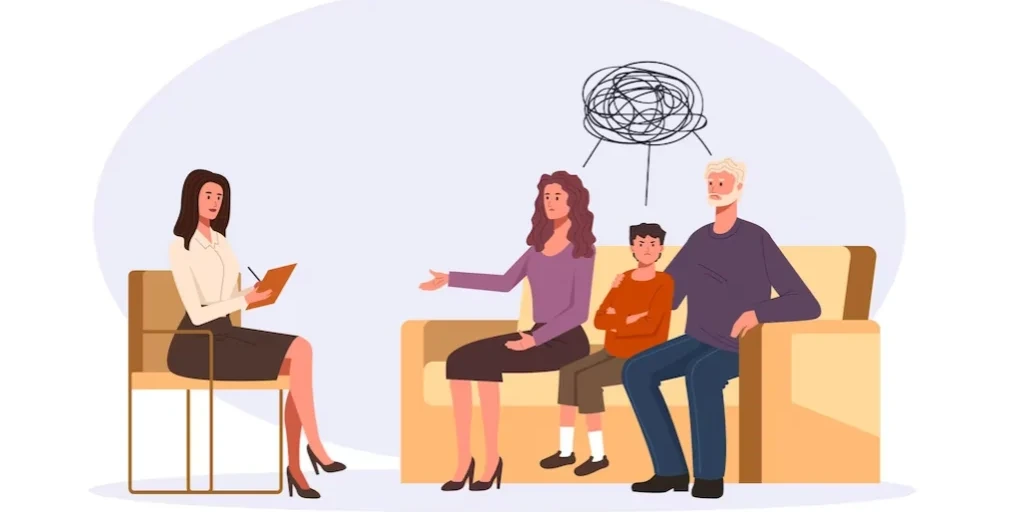24/7 Helpline:
(866) 899-221924/7 Helpline:
(866) 899-2219
Learn more about Medication-assisted Treatment centers in Novinger
Medication-assisted Treatment in Other Cities

Other Insurance Options

Carleon

State Farm

Excellus

UnitedHealth Group

MHNNet Behavioral Health

Cigna

Private insurance

Ambetter

Kaiser Permanente

Humana

Group Health Incorporated

Self-pay options

Holman Group

Magellan

MVP Healthcare

EmblemHealth

Optum

Meritain

ComPsych

Health Choice










Preferred Family Healthcare – Jamison Street
Preferred Family Healthcare is a mental health, behavioral health, and dual diagnosis treatment cent...

Mark Twain Behavioral Health
Mark Twain Behavioral Health is a private rehab located in Kirksville, Missouri. Mark Twain Behavior...

Preferred Family Healthcare
Preferred Family Healthcare offers a residential and outpatient program, CPRC, RCF, Prevention, Heal...




























Integrative Wellness Institute
Integrative Wellness Institute is a private rehab located in Kirksville, Missouri. Integrative Welln...

AA – Alcoholics Anonymous
AA – Alcoholics Anonymous is a non-profit rehab located in Kirksville, Missouri. AA – Alcoholics Ano...














